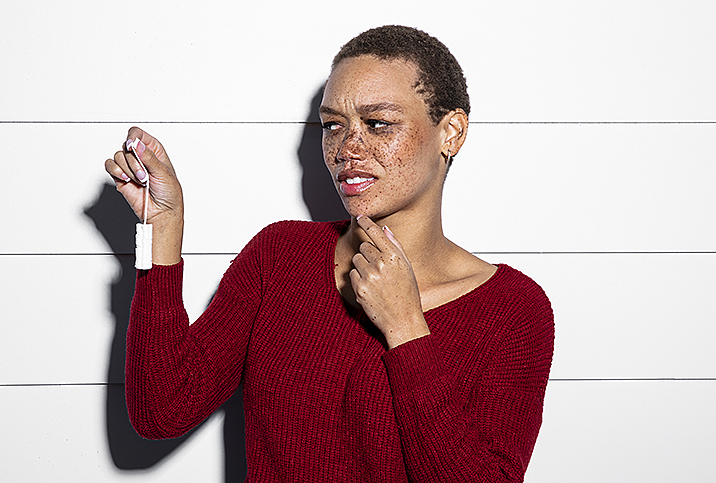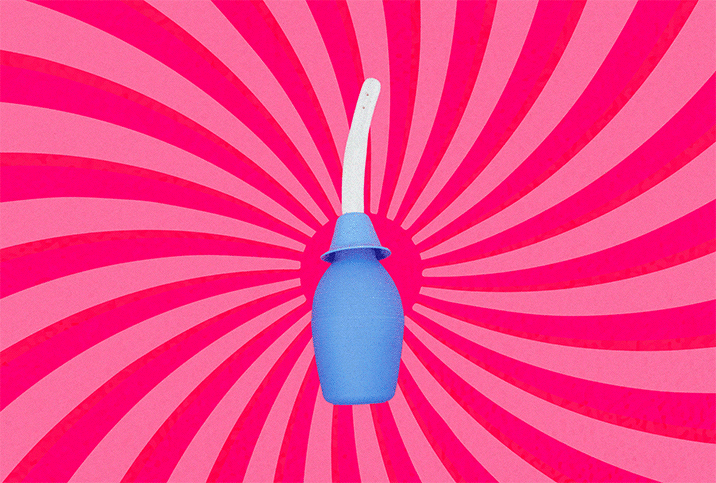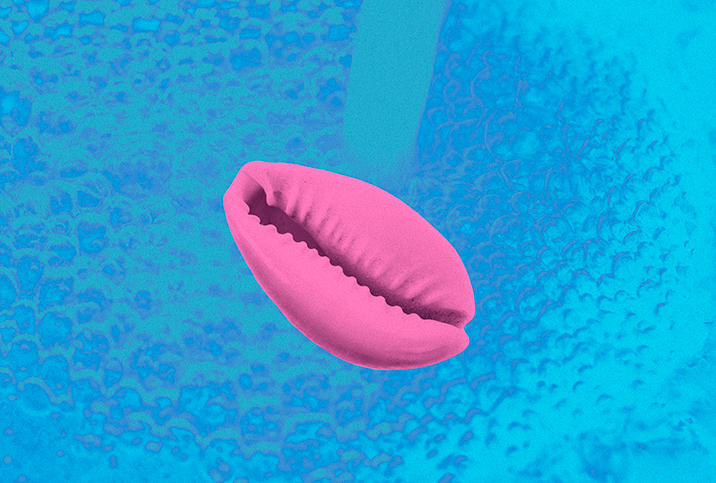Here’s How You Should Really Care for Your Vagina

Shopping for feminine products can feel overwhelming because you can choose from so many different colors, scents and product types. Since everyone’s body is different, it can be difficult to know what will work and what won’t.
If you want to keep your vagina healthy and happy, here’s how you should care for it.
Never wash your vagina
“Vagina” is often used as a catch-all term for a woman’s exposed genitals. But when it comes to personal hygiene, it’s really important to understand what to wash and what not to wash. To start, let’s talk terminology.
The vagina is the inner canal that starts at your vaginal opening and leads up to your cervix. Plainly put, it’s the part of the body where a man’s penis goes during vaginal intercourse. The vulva is the exposed area of your genitals—the outside parts. Your vulva consists of the inner and outer labia, the clitoris and the clitoral hood.
You should never wash your vagina. It’s self-cleaning and doesn’t require soap to stay fresh. In fact, using soap in your vagina can mess with its pH balance, causing bacterial infections and other unwanted issues.
Yes, your vagina is self-cleaning
It might seem crazy, but it’s true: Your vagina cleans itself, mostly through vaginal discharge. Your vagina needs to maintain a slightly acidic pH, an environment that allows good bacteria to thrive but makes it more difficult for bad bacteria to survive.
When you introduce soap, water and other unnecessary cleansing products into the vagina, you’re disrupting that pH balance. This can lead to an infection, which most women first notice when the area down there begins to smell different, which is likely the very problem they were trying to avoid by washing the vagina in the first place.
While you’re at it, stop douching
Douching may seem like a good idea, since it’s been marketed as flushing out bad bacteria, but it also disrupts the good bacteria and ruins your acidic pH. While some women’s vaginas can recover easily from a douching session and rebalance the environment, many women will experience unexpected side effects, such as bacterial infections.
How to properly wash your vulva
Now you know what to do, or rather, what not to do, to the inner parts of your genitalia. The external parts, however, can benefit from a cleaning from time to time. The best and easiest way to wash your vulva is with warm water in the shower. You don’t need soap to keep it clean; in fact, most medical professionals advise against it. If you prefer to use soap, opt for a mild, unscented one.
Maybe you have found soaps designed specifically for the vulva, some of which are scented. While scented soaps may not bother some women, they can cause genital irritation for others. To be safe, unscented soap is recommended. If fragrances don’t irritate you, though, feel free to try a small amount to see how your body reacts.
Once you’re done in the shower, it’s important to softly pat your vulva dry with a towel to prevent moisture buildup. Too much moisture down there can create a breeding ground for yeast infections.
When in doubt, visit a doctor
Most women invest in feminine sprays and washes when they notice a strange odor. It’s important to know that every vagina has an odor that changes slightly over the course of a woman’s menstrual cycle. This is normal.
However, if your vagina smells like fish or bleach, or it just doesn’t smell right, it’s time to talk to your doctor. You could have a yeast infection or bacterial vaginosis, both of which require treatment. Trying to mask this odor with scented products will only lead to more issues.


















